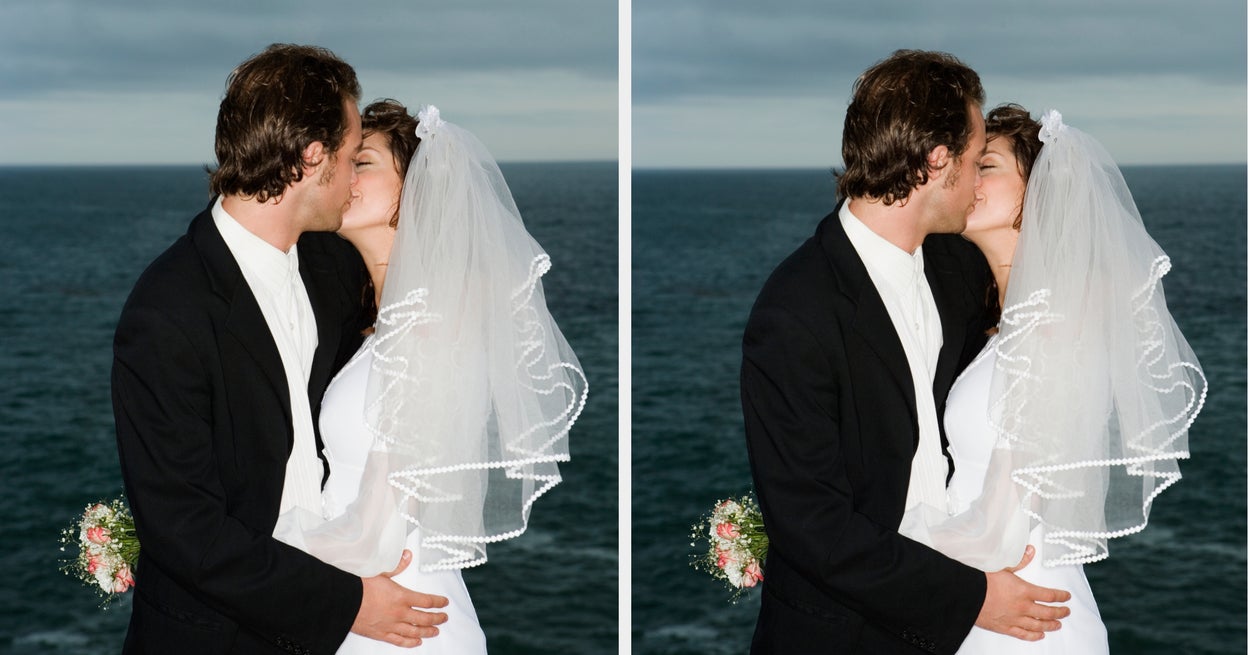
"It all began when my knee surgeon referred me to a nearby hospital known for its top-notch therapy center. This was my first injury requiring rehabilitation, and I didn't know what to expect. I hobbled into the spacious treatment room in my crutches, my leg immobilized in a brace. As I waited to be called, I noticed most of the patients were elderly, and I wondered how often they treated anyone younger than 70."
"Then, a man in glasses and navy blue scrubs approached me, holding my plastic file, and read out my name in the manner most Japanese do, when they see a foreigner's name written in katakana - pausing, reading each syllable slowly so I usually end up completing it for them. He asked how I should be addressed, and I said, "Sheri" is easiest for most Japanese and is fine with me."
"He led me to one of the widest therapy tables in the room and instructed me to lie down. He removed his shoes, climbed onto the table, and knelt beside me. After asking for permission to examine my knee beneath the brace, he gently poked and prodded. With each touch, he made reassuring sounds, confirming that I was right where I needed to be in the recovery process, even though I was overwhelmed with helplessness and frustration, bound by my brace and crutches."
She is 45, married for 16 years, and mother of three, yet feels drawn to someone almost half her age. A knee injury led to rehabilitation at a well-regarded hospital therapy center. She arrived on crutches with a brace and noticed most patients were elderly, which heightened her sense of age. A man in navy scrubs read her name from a file, asked how to address her, and she said "Sheri." He guided her to a wide therapy table, leaned closer than she liked, examined and massaged her knee, and remarked, "You're a runner, right? I run too." She asked how he knew.
Read at BuzzFeed
Unable to calculate read time
Collection
[
|
...
]